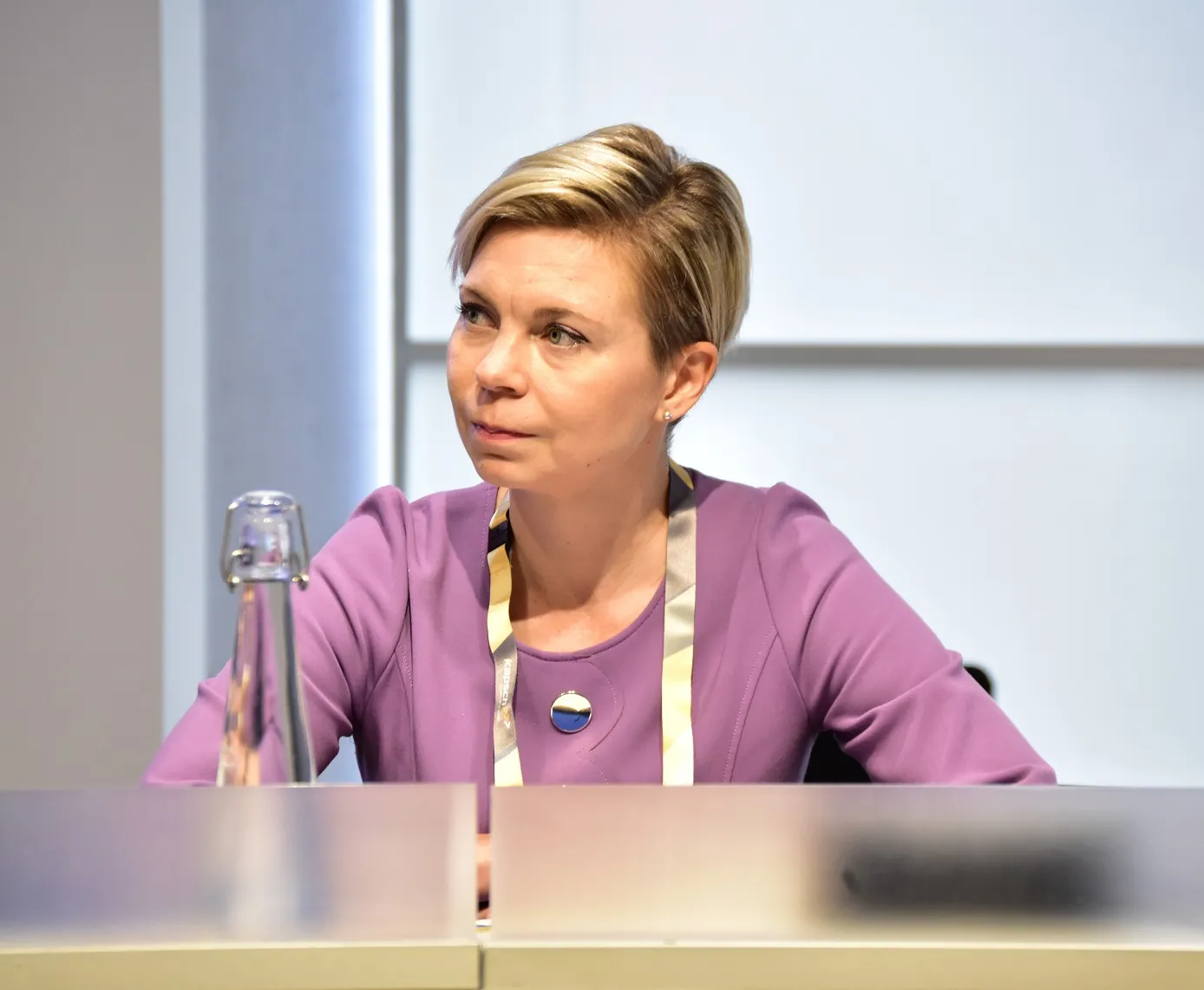
The need for greener transport solutions has made international policymakers more receptive to the concept of Mobility as a Service.
That is the view of Piia Karjalainen, in her final interview before leaving her role as secretary general of MaaS Alliance.
ITS International spoke to her about her time at the head of the public-private partnership which promotes the take-up of MaaS worldwide.
Karjalainen says she found policymakers receptive to the idea and thinks the speed with which MaaS has built up credibility as a transportation option is “quite surprising”.
“I think that it has been much easier to convince the politicians and get the political point for MaaS than we expected,” she says.
“It's coming from very strong environmental pressure and the fact that we really need to find good solutions for decarbonisation and making our transport more sustainable."
"MaaS has been benefiting from that because it's a useful tool in our decarbonisation projects, providing better services for the users and at the same time it helps us to achieve the goals that we need to achieve.”
Crucially, she thinks, MaaS is more competitive than other tools in the transport policy toolkit, such as congestion charging or road tolls, “which basically limit or restrict the behaviour of the individual, instead of providing better services for them”.
It also helps that the MaaS concept itself “has become much more varied in terms of different operational models, business models and target customers or target segments in the market so the the concept has become much more rich during the past decade".
Karjalainen has started a new job with Wärtsilä Voyage, based in Helsinki, where she will concentrate on the digitalisation and decarbonisation of maritime transportation.
Read the full interview in the May/June issue of ITS International, which is out soon










